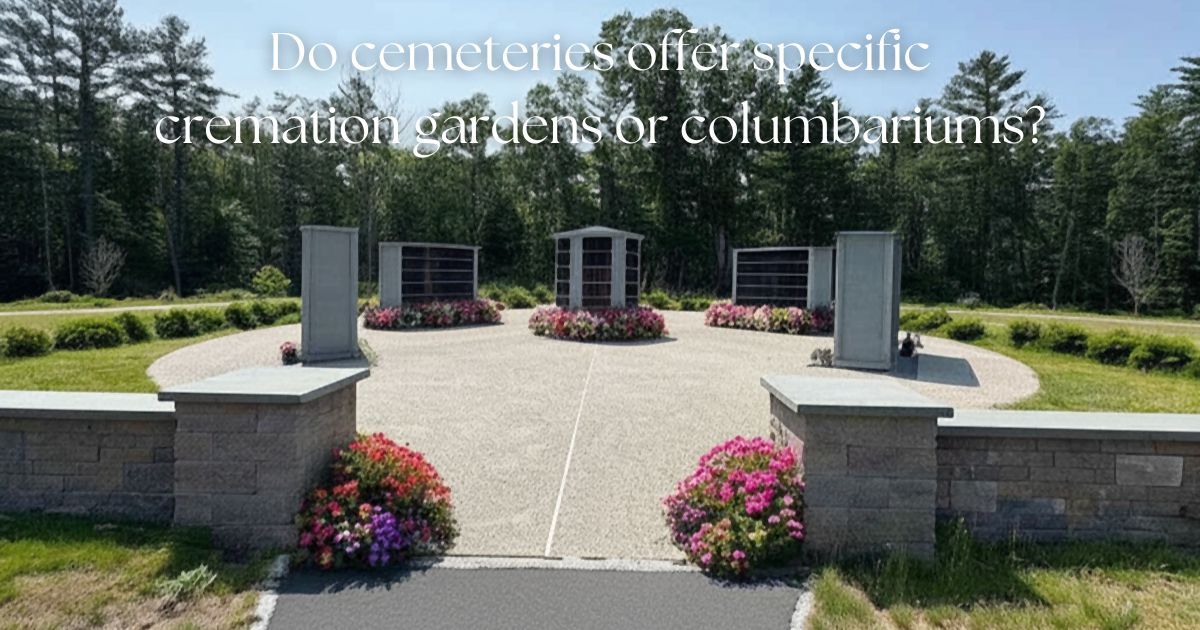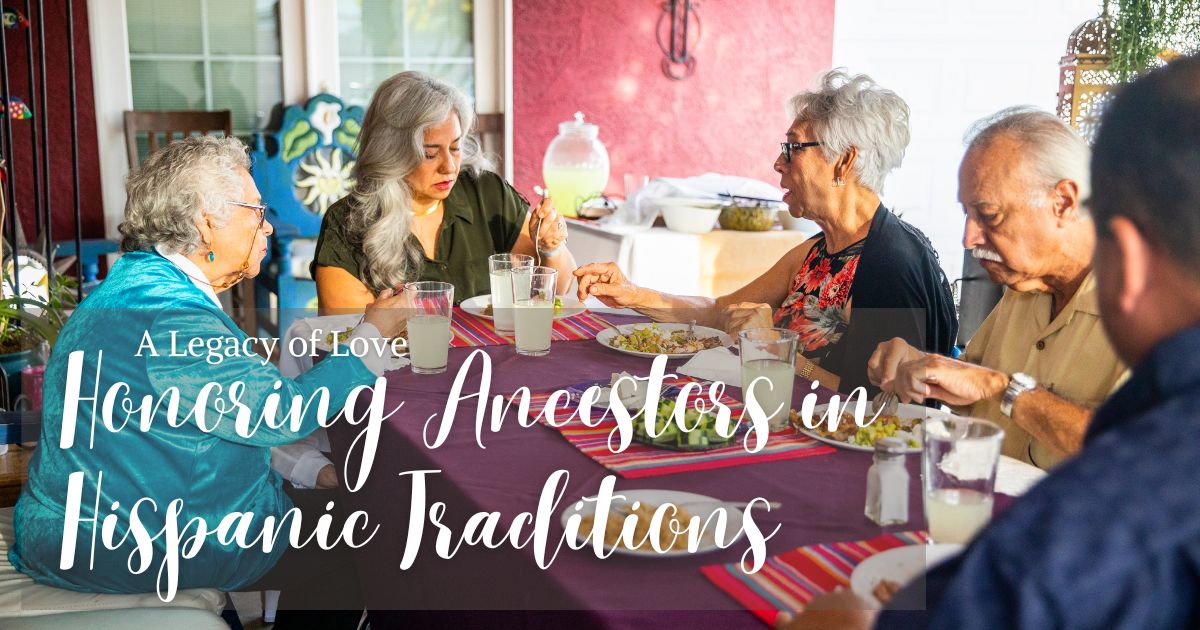
In the early 20th century, barred from national funeral societies due to racial segregation, African American funeral directors established their own association. This crucial step enabled them to thrive professionally and build successful businesses, often becoming pillars of their communities.
These funeral directors played a multifaceted role during the Civil Rights Movement. Beyond their primary duty of conducting funerals, they became vital sources of support, guidance, dignity, and respect for grieving communities. Highly esteemed figures, many also served as pastors, activists, or even mayors, demonstrating their deep community involvement.
Funeral parlors became especially significant during this era. Funeral directors, as community leaders, uniquely contributed to the movement. Their establishments provided safe spaces for families and communities to gather, mourn, and strategize. Funeral homes transformed into centers of both grief and resistance, where plans were made and messages of change disseminated.
The support offered by these funeral directors ranged from subtle yet impactful actions to more substantial contributions. Some funeral homes distributed funeral fans with voter registration instructions printed on the back, while others provided bail money for arrested activists.
Crucially, funeral directors also offered logistical support. For instance, Martin Luther King Jr.'s security detail was provided by a funeral home. Funeral home staff facilitated the safe travel of King and other activists, discreetly transporting them in hearses and offering them refuge overnight.
The combined impact of these large and small acts of support from African American funeral directors during the Civil Rights Movement was profound and enduring.





